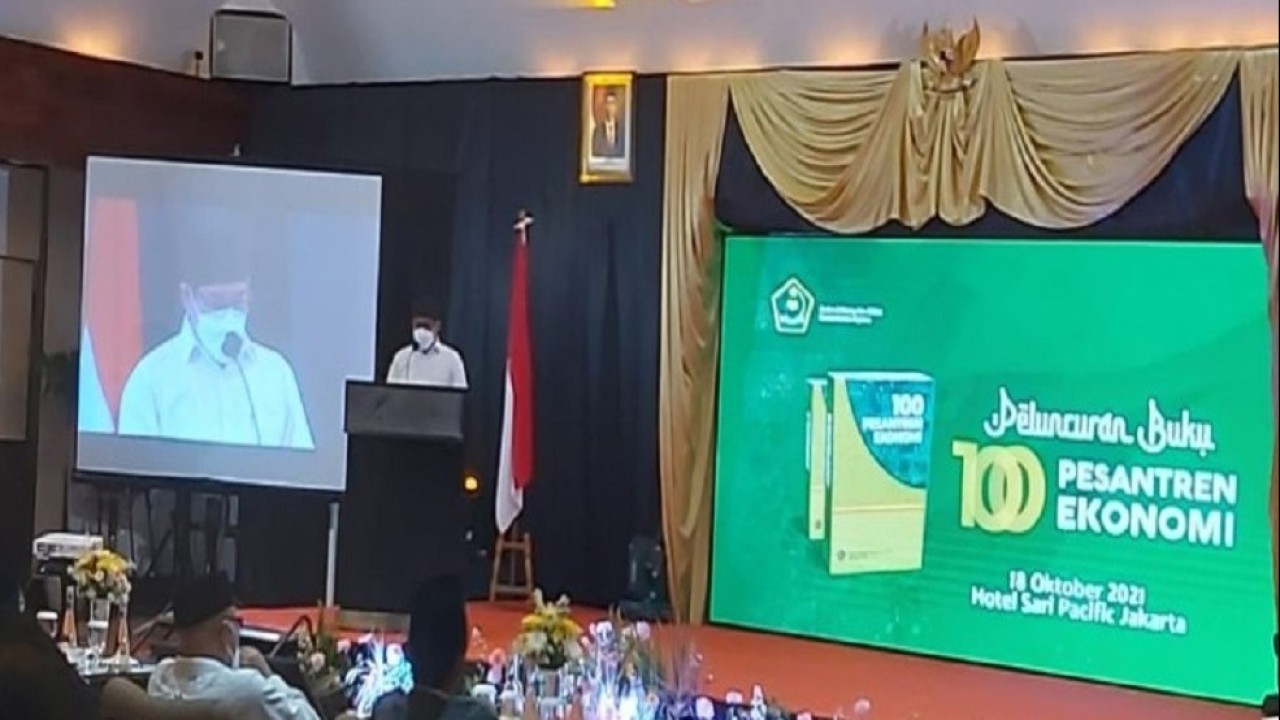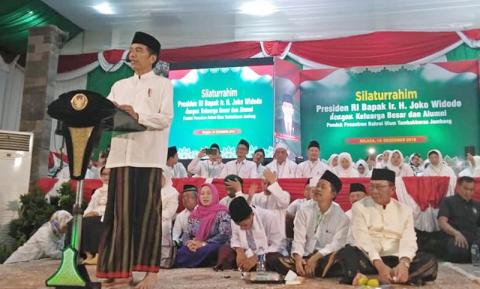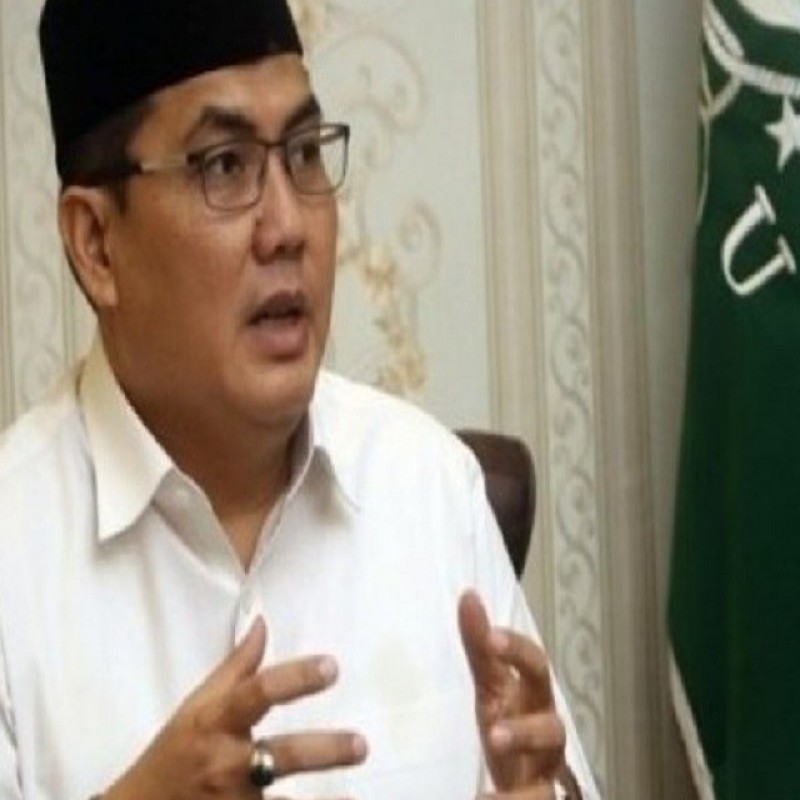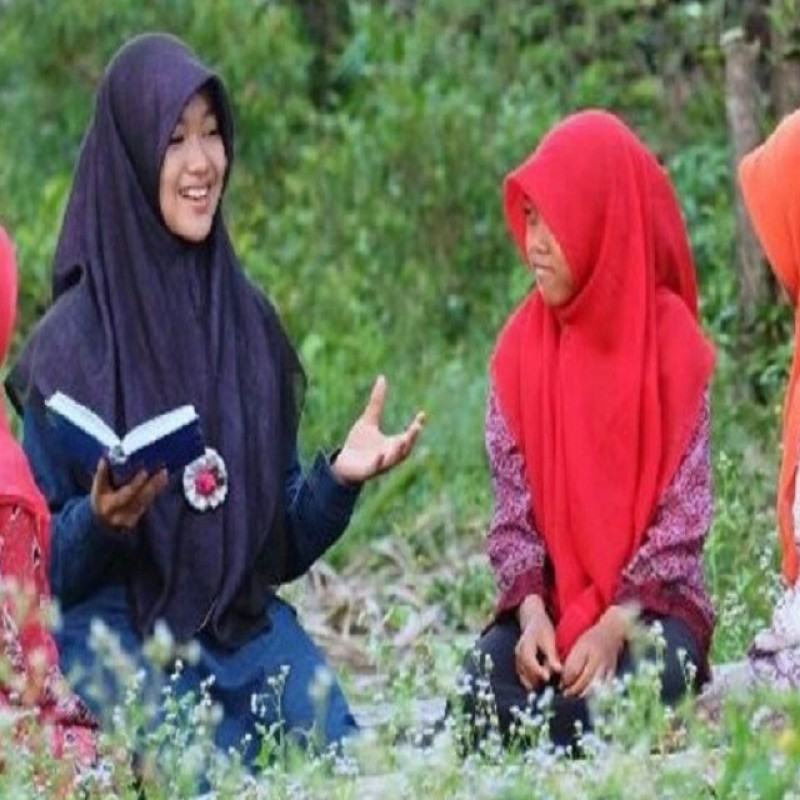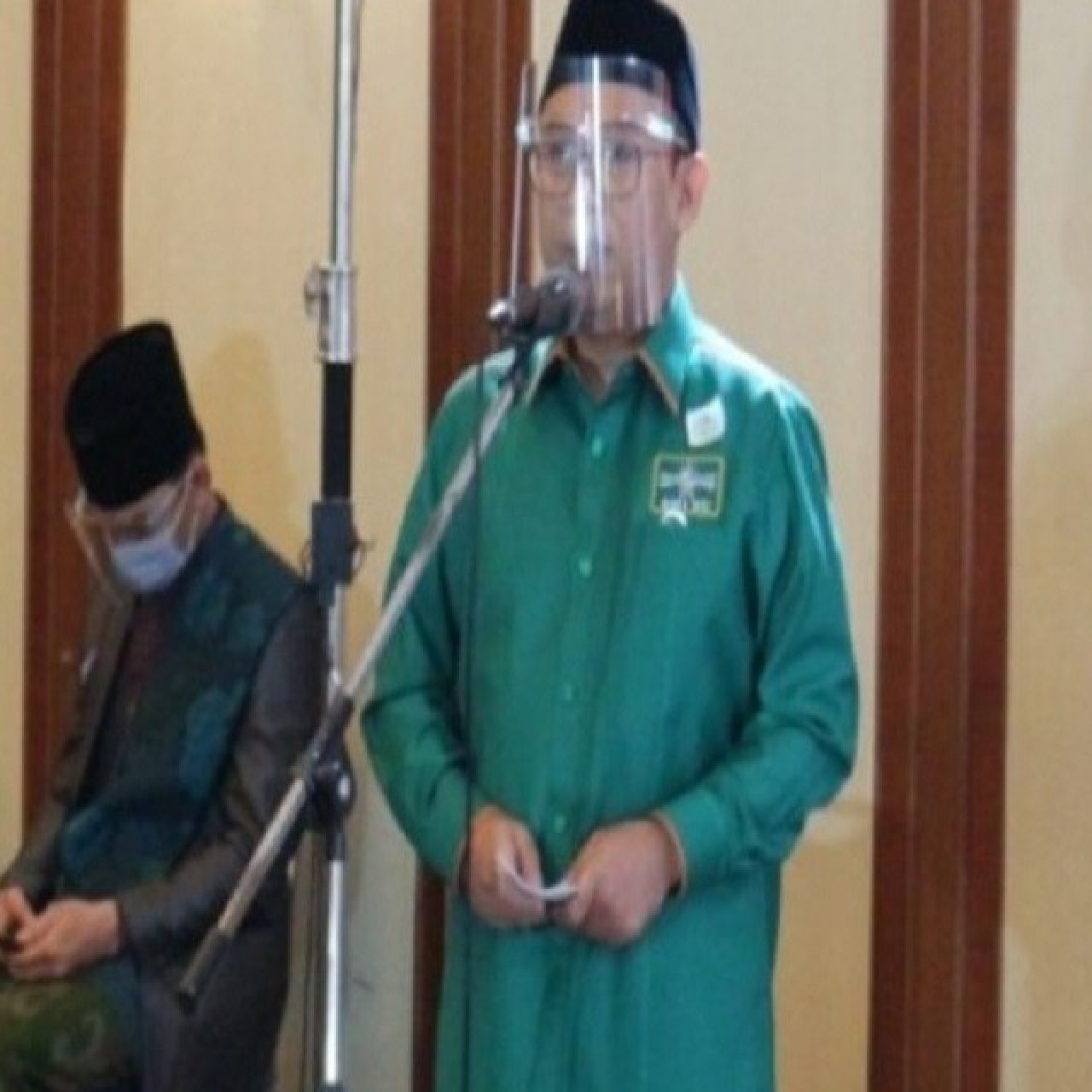Jakarta, NU Online
In the era of ongoing technological developments, Islamic boarding schools (pesantren) are asked to innovate so that they could adapt to encourage the strengthening of the role of pesantren as community empowerment institutions.
For example, sporadic innovations that have been carried out by one or several pesantren, without a single theme, and are carried out according to the perception of each pesantren. This includes innovations initiated by the government and non-governmental organizations.
The Minister of Religious Affairs Yaqut Cholil Qoumas made the remarks through the Head of Research and Development and Training of the Ministry of Religious Affairs, Prof. Achmad Gunaryo at the launch of the book "100 Economic Islamic Boarding Schools", at the Sari Pacific Hotel, Jakarta, Monday (18/10/2021).
The minister revealed the strategic position of Islamic boarding schools as the basis for the new flow of the people's economy.
"First, understand pesantren and learn from the experience of community empowerment by pesantren, then respond to the challenges faced by pesantren in this digital era," the minister said.
The minister stated that Law Number 18 of 2019 concerning Islamic Boarding Schools was present as a strong and comprehensive legal basis in the implementation of Islamic Boarding Schools that could provide recognition of their uniqueness.
"The Pesantren Law provides access and space for Islamic boarding schools to be able to work together, both among Islamic boarding schools and with other institutions, and is given affirmation and facilitation in the implementation of such cooperation," Yaqut said.
Yaqut hoped that the publication of the book "100 Economic Islamic Boarding Schools" could be an inspiration in realizing the replication of the pesantren independence model.
"Pesantren not only contribute to strengthening the religious literacy of the surrounding community, but also help develop the community's economy," he said.
The head of the Research and Development and Training Agency of the Ministry of Religious Affairs, Prof. Achmad Gunaryo explained, the book was published as a follow-up to the program of mapping economic Islamic boarding schools carried out in 2020.
"This book is a directory of some pesantren that have economic activities. We report that this is only part of the pesantren, because there are still many pesantren that have economic activities that we have not presented in the form of a book like this," said Achmad.
Achmad added that this book could be a reference for the Directorate of Early Education and Islamic Boarding Schools, ministries and institutions that have programs of economic empowerment, and groups of entrepreneurs who will cooperate with Islamic boarding schools, because they could be synergized, and other Islamic boarding schools that want to adopt economic activities having been developed.
Editor: Sudarto Murtaufiq


